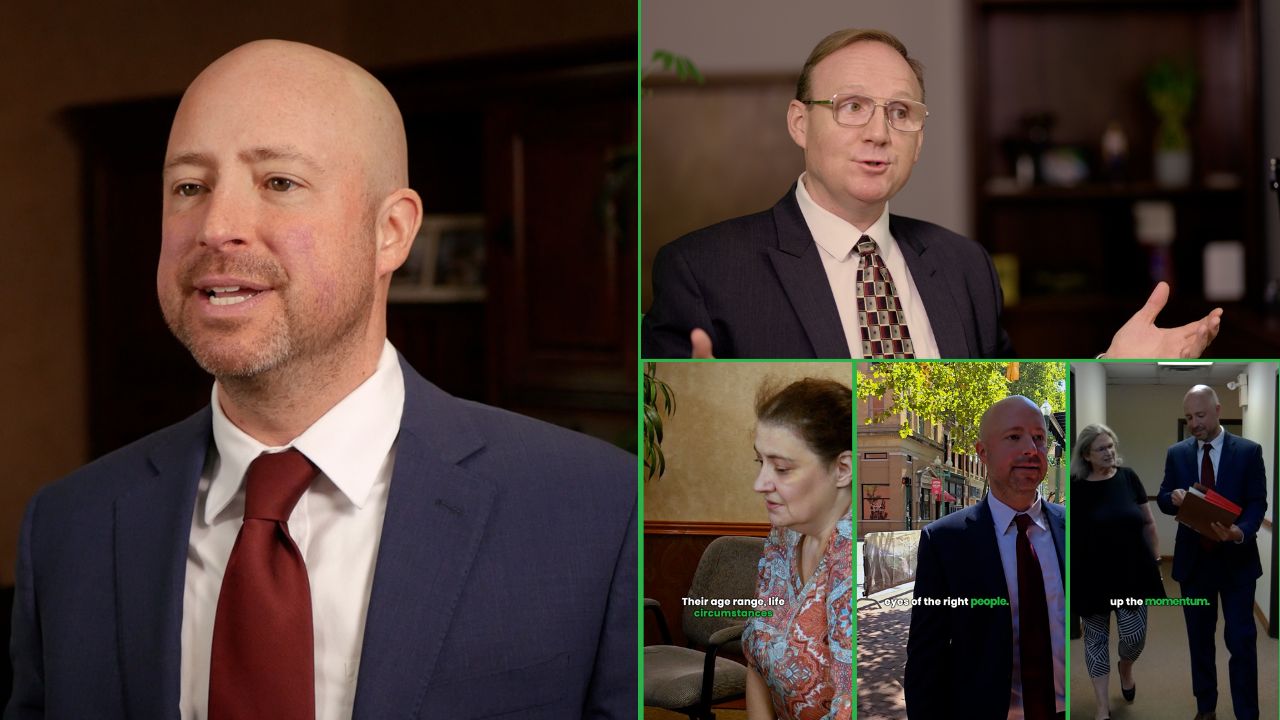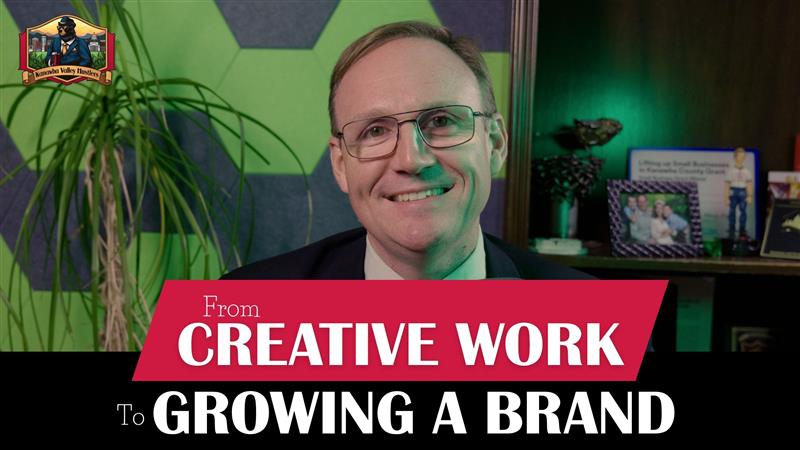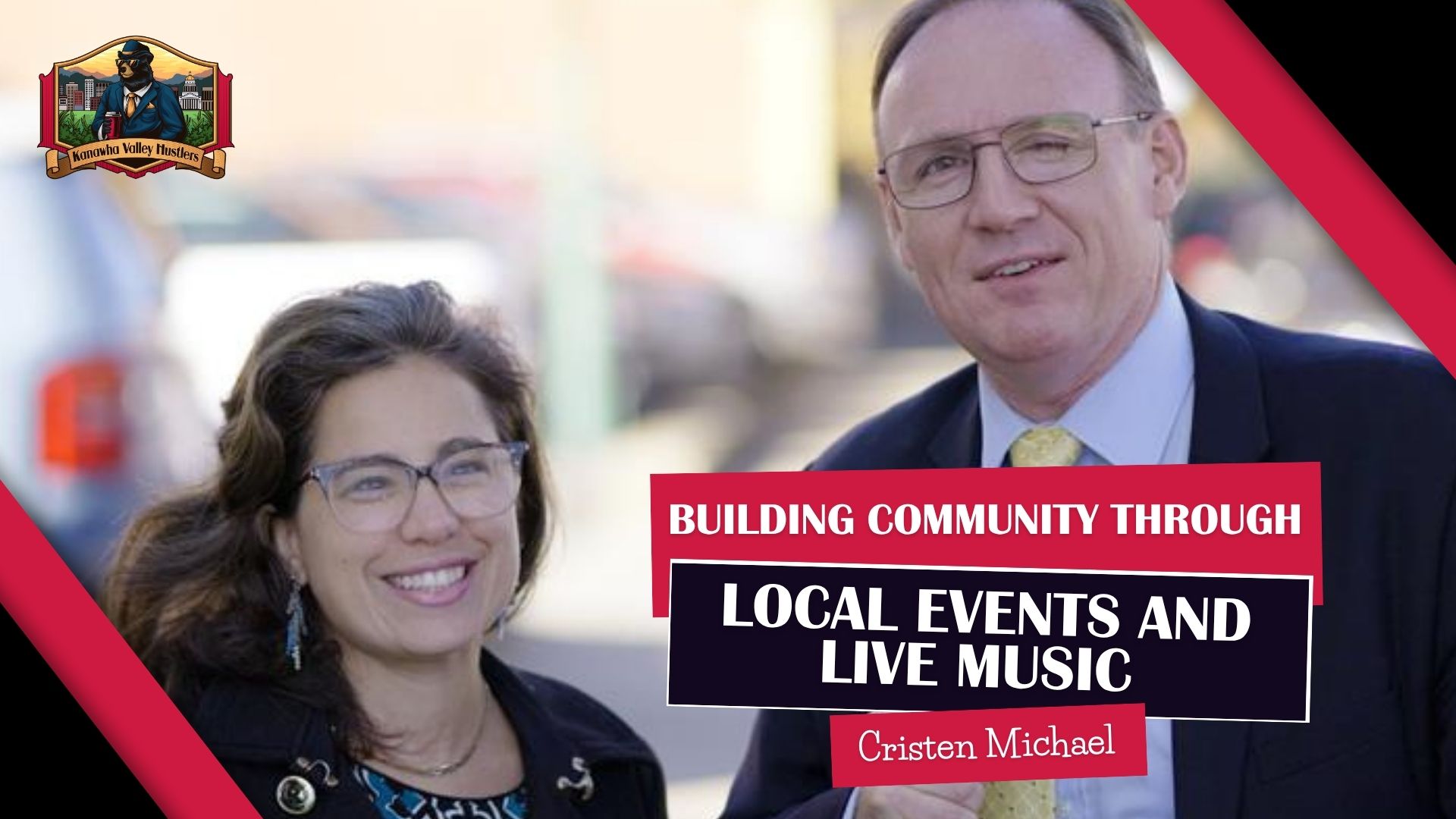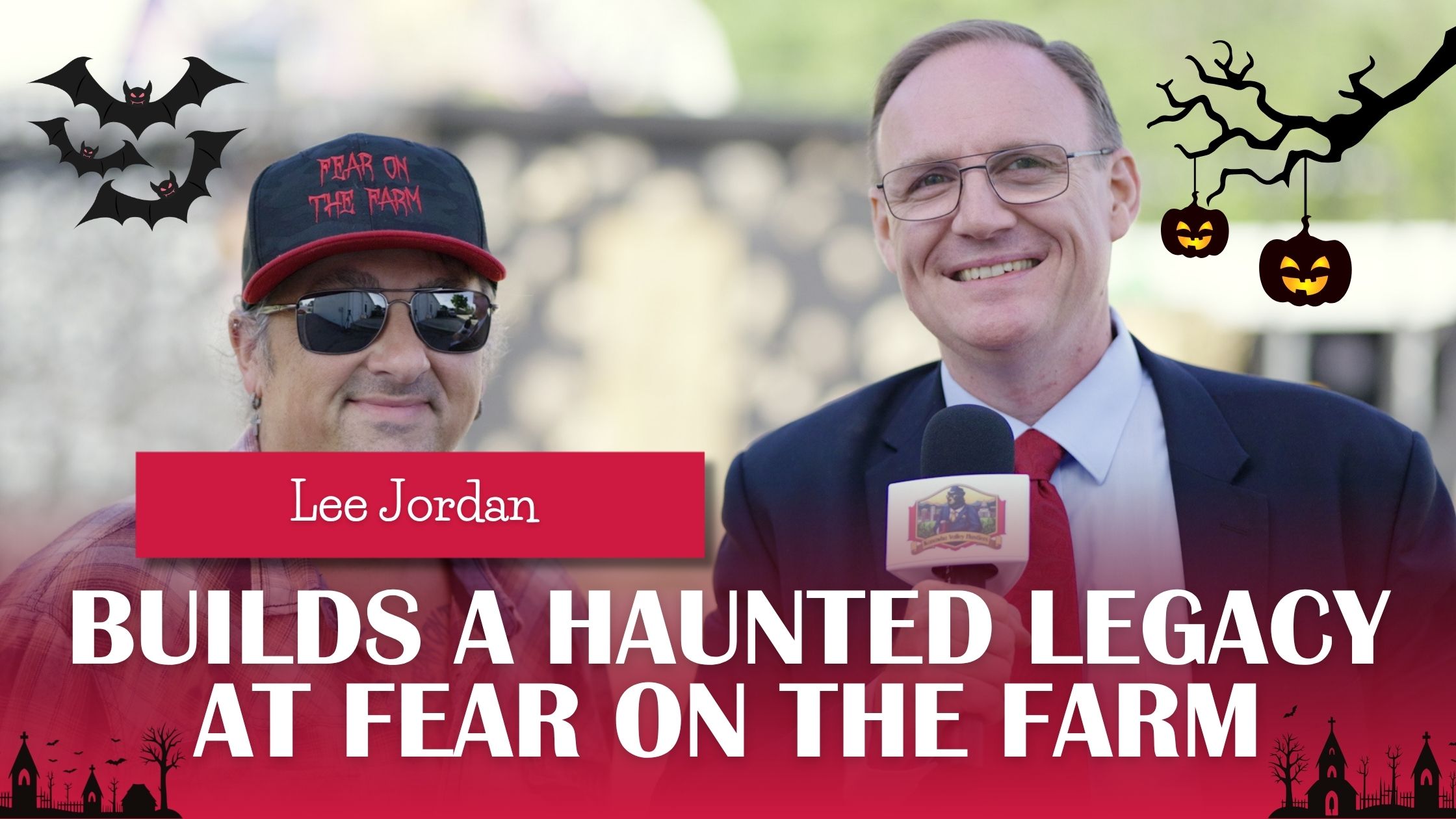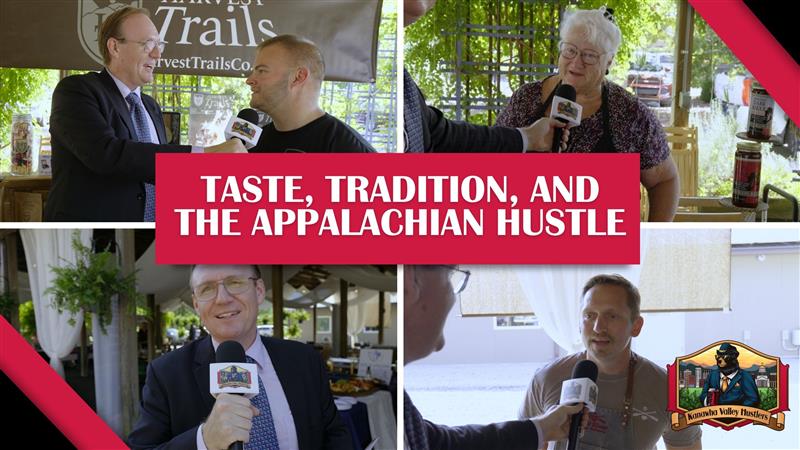David Pence of the law firm Zerbe & Pence, explains the challenge of standing out in a crowded legal market.
Blog
In this episode of the Kanawha Valley Hustlers podcast, I share how I learned that great work alone doesn’t bring clients. I start my career in 3D animation for education, then move into creating courtroom visuals for attorneys, always producing strong work but still struggling to grow. I realize that success comes from visibility, not just skill. When I become marketing director for an IT company, I dove into digital marketing—websites, email, and social media—and helped the company make the Inc. 5000 list in 2019. That experience shows me the power of marketing and storytelling. Two years ago, I launch Joe Justice Media to help West Virginia businesses get attention and grow through video. Running my own company teaches me even more—about taxes, paperwork, and the realities of entrepreneurship. The tools of business keep changing, from print to digital to AI, but the goal never does: get attention, grow your brand, and keep hustling.
In this episode of the Kanawha Valley Hustlers podcast, I talk with Cristen Michael, who runs Charleston Events and manages cwvevents.com a website that lists everything happening around the city. She says October is packed with festivals and activities because people love being outside in the fall. Cristen started the calendar while working at a local hospital to help medical residents new to the area find things to do, and it quickly grew into a community resource. She’s now planning a 2026 Winter Concert Series at the Charleston Town Center Mall, running January 17 through March 14, with live local bands every Friday evening. The event will be free and open to the public, and she’s currently seeking sponsors to help make it happen. Cristen says her goal is to promote local talent, bring people together, and show that Charleston has something fun going on all year long.
In this episode of the Kanawha Valley Hustlers podcast, I talk with Caitlin Fisher, a freelance paralegal and founder of Capital City Paralegals in Saint Albans. She explains that she helps attorneys who have heavy caseloads but not enough work to justify hiring full-time staff. Caitlin handles legal research, drafts documents, manages client communications, and assists with filings so attorneys can focus on their cases. She recently held her ribbon cutting, marking the launch of West Virginia’s first freelance paralegal service. Caitlin started with the idea of being a traveling notary and expanded into offering virtual paralegal work that supports attorneys anywhere in the state through email, phone, and e-filing. She says the legal world has changed with technology, allowing remote collaboration, but the need for dependable, organized support has not. Her goal is to give attorneys the extra help they need to manage deadlines, serve their clients well, and keep their cases moving forward.
Lee Jordan turned a small family haunted house into one of West Virginia’s biggest Halloween attractions. In this episode, we talk about how passion, creativity, and a love for entertainment drive him to keep building Fear on the Farm year after year — and how that same energy fuels his dance studio and wrestling events all across the Kanawha Valley. #KanawhaValleyHustlers #WestVirginiaBusiness #FearOnTheFarm
In this episode of the Kanawha Valley Hustlers podcast, I’m at J.Q. Dickinson Salt Works for the Taste of Appalachia showcase, an Advantage Valley initiative promoting local food businesses. I meet Paula Kingry from Dark Hollow Foods, who’s been making sauces and mixes since 1999 and contributed her original dark sauce to the gift boxes. Then I talk with Coleman Irwin of Harvest Trails in Martinsburg, whose company freeze-dries locally grown fruits and vegetables; his cinnamon apples and lemons are featured, with the cinnamon apples being the crowd favorite. Finally, I speak with Michael Irvin from Coal River Coffee Company in St. Albans, who started the business with his wife in 2018 and now ships coffee worldwide. Their Wild and Wonderful medium roast and Almost Heaven dark roast are included in the boxes, with the medium roast leading sales. I encourage listeners to visit tasteofappalachia.com by October 17th to order these locally curated boxes that celebrate Appalachian flavors and support regional businesses.

